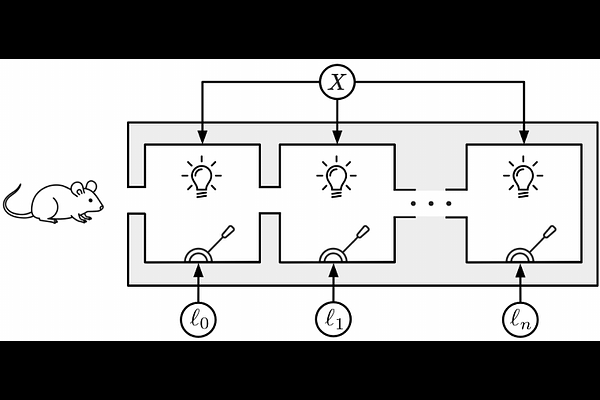Plasticity as the Mirror of Empowerment

Plasticity as the Mirror of Empowerment
David Abel, Michael Bowling, André Barreto, Will Dabney, Shi Dong, Steven Hansen, Anna Harutyunyan, Khimya Khetarpal, Clare Lyle, Razvan Pascanu, Georgios Piliouras, Doina Precup, Jonathan Richens, Mark Rowland, Tom Schaul, Satinder Singh
AbstractAgents are minimally entities that are influenced by their past observations and act to influence future observations. This latter capacity is captured by empowerment, which has served as a vital framing concept across artificial intelligence and cognitive science. This former capacity, however, is equally foundational: In what ways, and to what extent, can an agent be influenced by what it observes? In this paper, we ground this concept in a universal agent-centric measure that we refer to as plasticity, and reveal a fundamental connection to empowerment. Following a set of desiderata on a suitable definition, we define plasticity using a new information-theoretic quantity we call the generalized directed information. We show that this new quantity strictly generalizes the directed information introduced by Massey (1990) while preserving all of its desirable properties. Our first finding is that plasticity is the mirror of empowerment: The agent's plasticity is identical to the empowerment of the environment, and vice versa. Our second finding establishes a tension between the plasticity and empowerment of an agent, suggesting that agent design needs to be mindful of both characteristics. We explore the implications of these findings, and suggest that plasticity, empowerment, and their relationship are essential to understanding agency.